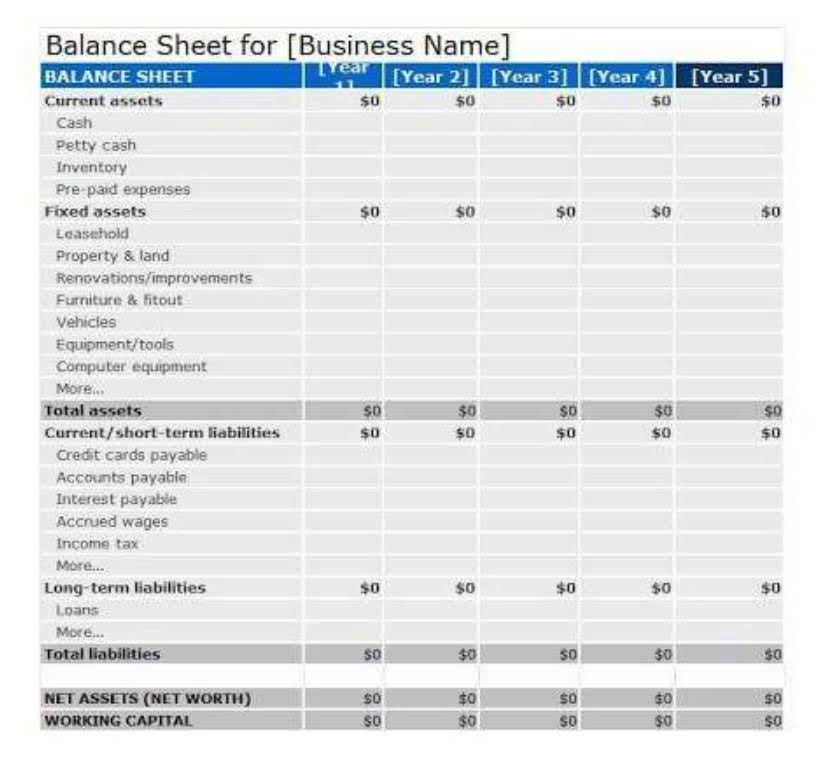
These are individual entries in journals or ledgers that summarize each business transaction. Accountants use these journals to prepare your financial statements. These are reports containing a summary of the business’s income and expenses for a specific timeframe. It will reflect in your accounts receivable and accounts payable.

Organize Financial Documents

Keep up with Michelle’s CPA career — and ultramarathoning endeavors — on LinkedIn. Do you have more questions about the bookkeeping process for small businesses? Here are some of the most frequently asked questions on bookkeeping for small businesses. Accounting For Architects This is particularly true once the business accounts for its operational costs and recurring expenses. Once you’ve got a handle on how to begin bookkeeping for your small business, it’s time to set yourself up for success with an ongoing bookkeeping system.
- Classifying transactions correctly is bookkeeping 101 in a nutshell.
- Learn more about the similarities, differences and responsibilities of bookkeepers and accountants here so you know when to hire each.
- The responsibilities handled by a service will depend on the provider, so be sure to discuss the scope of work and compare options to find the right fit.
- Generally, it comprises any claims the ownership of the company has against the company.
- It serves as a road map to ensure you correctly record and report all necessary financial transactions are recorded and reported correctly.
- If you are going to offer your customers credit or if you are going to request credit from your suppliers, then you have to use an accrual accounting system.
Preparing Basic Financial Statements

Bookkeeping is an essential part of running a small business. Even if you aren’t planning on growing any time soon, you need to have a sense of how much money is coming in versus what is going out. On top of that, you need the data used in bookkeeping to file your taxes accurately. At the end of the accounting period, take the time to make adjustments to your entries. For example, you may have estimated certain invoices that are later solidified normal balance with an actual number.

Open The Right Accounts
- We’ve analyzed and rated the best online bookkeeping services to help you make the best decision when choosing the right one.
- Generally speaking, your transactions fall into five account types—assets, liabilities, equity, revenue, and expenses.
- Small steps also give everyone time to familiarize themselves with the new bookkeeping software.
- This process should be completed at least monthly to stay on top of your finances.
- Entries in bookkeeping are recorded in the archaic method of journal entry.
- A QuickBooks Live bookkeeper can help ensure that your business’s books close every month, and you’re primed for tax season.
- Our balance sheet template (pictured below) is a great way to track and analyze your financial health.
Entries in bookkeeping are recorded in the archaic method of journal entry. Here, the respective individual or accountant manually enters the account numbers and performs individual action of debits and credits for each transaction. This approach is time-consuming and subject to error, and so is usually reserved for adjustments and special entries. To set up a budget, gather your financial data, such as income statements, balance sheets, and cash flow statements. This will give you a clear picture of your business’s past financial performance and help you make realistic projections for the future. The first step you’ll need is a business bank account, which allows you to keep your personal and business expenses separate.

Bookkeeping period
Since the IRS accepts digital records, it’s smart to use a cloud-based system like Dropbox, Evernote, or Google Drive so you never have to deal with smudged receipts. You can also use apps like Shoeboxed, which are specifically made for receipt tracking. Our intuitive software automates the busywork with powerful tools and features designed to help you simplify your financial management and make informed business decisions.
Keep your personal and business finances separate
- Let us walk you through everything you need to know about the basics of bookkeeping.
- Bookkeeping consists of creating and maintaining an organization’s financial records.
- For example, let’s say that your business is losing money each month or that your overhead costs are too high.
- For example, your bookkeeper will need to make sure that every transaction in your business’s financial records has an entry.
- Business transactions can be recorded by hand in a journal or an Excel spreadsheet.
- This is where a cloud bookkeeping solution like Zoho Books comes in.
You also need to be up to date with the current rules and regulations as well as financial laws to avoid any problems down the track. Therefore you have to be organized, and it’s your responsibility to serve your client in a timely manner without making any mistakes. I bet you are as busy as me, so check out these 3 free classes. While most of their courses need to be paid for, they have an extremely popular free course run by Ben Robinson, the founder of Bookkeepers.com (If it’s FREE, it’s for me!). Larger companies even employ dedicated Accounts Receivable bookkeepers (for the is being a bookkeeper hard customer side) or Accounts Payable bookkeepers (for the vendor side).

















